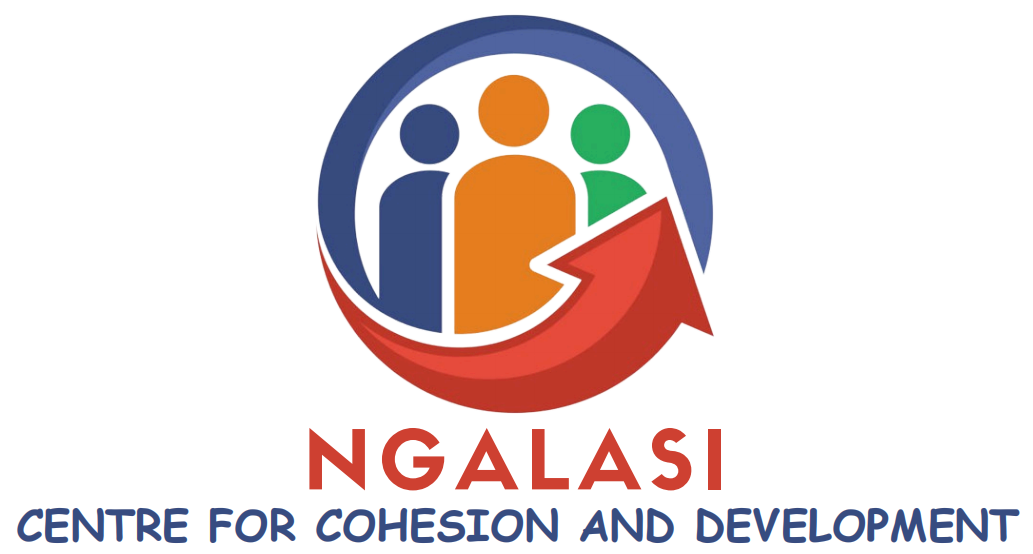Abuja Dialogue on Cybersecurity
3rd - 4th September 2024
Cybercrime is one of the biggest challenges that has permeated Nigeria’s digital space. They range from several crimes, identity theft, phishing, cyberstalking, and advance fee fraud. An increased surge of cybercrime was witnessed in 2020 because many people spent long hours on the internet due to the lockdown imposed by the pandemic. In 2023, many organizations continue to face huge losses arising from a huge spate of cyber-attacks that culminated in losses, exposure of sensitive data and disruption of services. These attacks targeted several sectors, and harsh economic conditions, human desperation and information security skill gaps heightened their impact. According to data from the Nigeria Communications Commission (NCC), cybercrime costs the country $500 million per year.
It must be recalled that Nigeria, on 6 July 2022, joined the league of 66 other countries that have signed and ratified the Budapest Convention on Cybercrime to enhance international cooperation and provide a common platform and procedural tools for efficient and safe cyberspace under section 41(2) (a) of the Cybercrime Act 2015, which requires the conformity of Nigerian cybercrime and cybersecurity laws and policies with regional and international standards.
In May, Nigeria’s National Security Adviser, Mr. Nuhu Ribadu, directed the full implementation of the Cybercrime (Prohibition Prevention) Amendment Act 2024. The Act provides an effective, unified, comprehensive, legal, regulatory and institutional framework for Nigeria’s prohibition, prevention, detection, prosecution and punishment of cybercrimes. It also ensures the protection of critical national infrastructure and promotes cybersecurity and protection of computer systems and networks, electronic communications, data and computer programs, intellectual property and privacy rights.
Nigeria is at a pivotal moment in its history, marked by unprecedented challenges and opportunities. From the social and economic implications of policy prescriptions to security challenges, including banditry and terrorism, the country is grappling with multifaceted issues that demand innovative solutions.
Abuja Dialogue on Cybersecurity is expected to bring together a diverse constellation of stakeholders, including policymakers, academia, investors, start-ups, practitioners, the private sector, civil society, and representatives of women, youth groups, and students. Through vibrant and inclusive discussions, thought-provoking panels, and interactive sessions, participants collectively explore partnerships and pathways to improved cybersecurity in the country. The dialogue will equip participants with tips on the proper measures to address cybersecurity gaps in their processes, people and technology infrastructure. There will be an exclusive workshop for financial institutions on 5 August.
Abuja Dialogue will serve as a preparatory meeting that will articulate the Nigerian position to the Africa Cyber Defense Forum scheduled from the 15th to the 18th of October 2024 at the Kigali Convention Centre in Rwanda. ACDF is a continental forum for public-private cooperation. Its well-curated content engages government officials, technology experts and business leaders to shape the continental agenda in African cyberspace. The activities of ACDF are anchored in a passionate pursuit of better and safer technology that seeks to shape the future of information security and offer thought leadership to governments, society and the private sector.
As African businesses grow in number and reach, the importance of cybersecurity in Africa must be reiterated. More Africans are coming online, increasing the continent’s contribution to the global economy, and everyone—from businesses to governments and individuals—must protect their data and digital sovereignty. From ransomware attacks to phishing scams to crypto-jacking and malware, cybersecurity threats are rising as the world becomes more interconnected.
Africa’s internet economy can reach $180 billion by 2025, accounting for 5.2% of the continent’s GDP. By 2050, the projected potential contribution could reach $712 billion, amounting to 8.5% of the continent’s GDP.
Cybercrime is one of the most pressing challenges plaguing economic activity in Africa. As the continent’s GDP reached $3.3 trillion in the past few years, the cost of cybercrime climbed to $3.5 billion, with Nigeria, Kenya, and South Africa recording the highest losses.
Special Guests of Honor
Lateef Fagbemi (SAN), Minister of Justice and Attorney General
Dr. Bosun Tijani, Minister of Communications
Imaan Sulaiman-Ibrahim, Minister of State for Police Affairs
Nuhu Ribadu National Security Adviser
Olayemi Cardoso, Governor, Central Bank of Nigeria
Senator Shuaibu Salisu, Chairman of the Senate Committee on ICT and Cybersecurity
Senator Buba Umar, Chairman of the Senate Committee on National Security and Intelligence
Hon. Adedeji Stanley Olajide, Chairman, House Committee on ICT and Cybersecurity
Kayode Adeolu Egbetokun, PhD, Nigeria’s Inspector General of Police
Dr Aminu Maida, Executive Vice Chairman of the Nigerian Communications Commission
Kashifu Inuwa Abdullahi, Managing Director/CEO National Information Technology(NITDA)
Olanipekun Olukoyede, Chairman of the Economic and Financial Crimes Commission
Dr. Musa Adamu Aliyu (SAN), Chairman of the Independent Corrupt Practices Commission
Dr. Samuel Ogbuku, Managing Director, Niger Delta Development Commission(NDDC)
